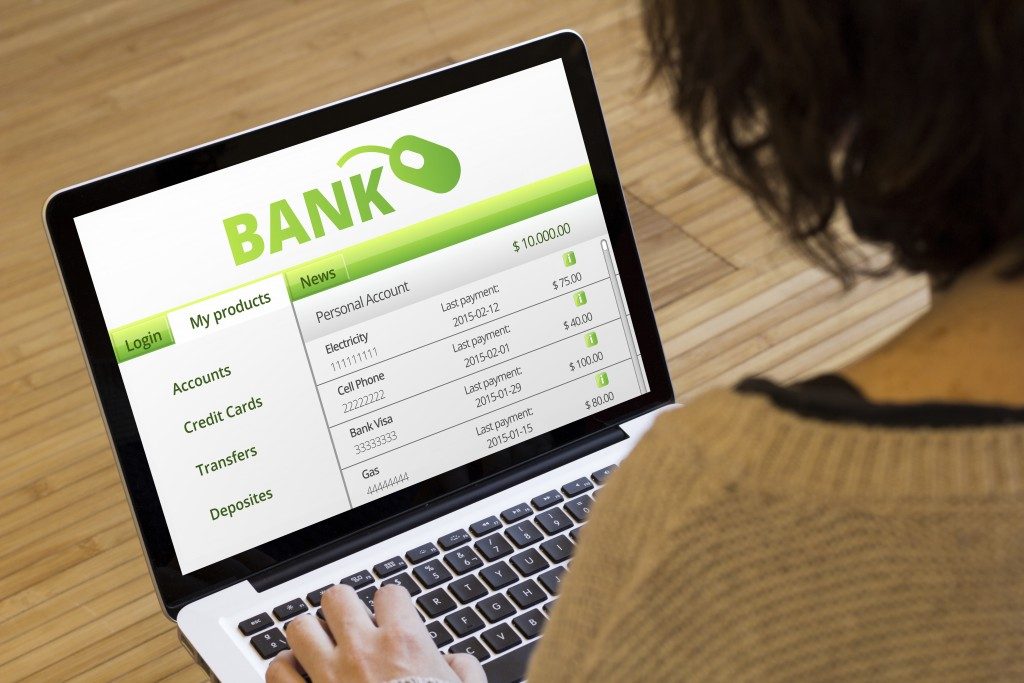We now live in a world where we can transfer money with a push of a button. Online banking has become an integral part of our lives, thanks to the convenience and ease it offers.
Sometimes, unforeseen attacks from cybercriminals may compromise the safety of our online bank accounts. You must be prepared to ensure that your money and personal information are safe. Here are some ways you can protect your online banking account:
Create a strong password
It’s a good idea to create a password with a strong combination in order to make your account harder to get into. A good password should have a mix of uppercase and lowercase letters, a number, and a special character. A lengthy password is always better.
When crafting your password, do not use words or dates associated with you, or typical passwords such as 12345, abcde, and more. Make it a habit to change your password regularly, and do not use the same password across different channels.
Do not open suspicious emails, links, or answer random phone calls
Banks will never ask for your login credentials over email. If you receive an email from what seems to be your bank and it seems suspicious, do not open it. Report it immediately to your bank as this may be a phishing situation.
Likewise, do not open any suspicious links or any pop-ups asking for your login credentials. These may lead you to sites that mirror your bank’s webpage and they may steal your username and password.
If you receive phone calls from your bank asking you for your password, hang up. In cases of phone banking, bankers would ask you a security question, and never ask for your password.
Install an antivirus software

New computer viruses appear daily. Put up antivirus or anti-spy software on your computer to detect new viruses and malware. Keep your software, operating system, and firewall up to date to prevent any security risks.
Be wary of public internet connections
While it’s very handy to get a network connection in public places such as cafes, libraries, and schools, remember that these are often on open networks. That said, these connections are more susceptible to monitoring without you knowing. If you need to access your online account, do not do so on public connection and instead opt for your personal one.
Get notified
When you choose a bank in Australia, make sure they get their penetration tests done regularly. Ask your bank if their websites have two-factor authentication. Two-factor authentication generates a unique code every time you log in to your account. This helps you feel more secure about your account.
You can also set up text or email notifications with your bank to monitor your bank activities. This way, if you see something suspicious, you can notify them immediately.
Always log out when you’re done
Make it a habit to log out of your account after you’ve finished your business. This is to ensure that you won’t fall victim to account hijacking or other suspicious activities of cybercriminals. This is especially important if you’ve used a public computer.
While online banking may have its risks, your bank account will be safe from criminals when you monitor it regularly. Always choose the safe route to avoid any problem in the future.

